How Caffeine Can Boost Your Sports Performance
In this article, we will explore the benefits of caffeine for sports performance. This includes its effects on physical and mental performance, fat oxidation, and recovery.
We'll also discuss the potential risks and side effects of caffeine. Of course, providing tips for using caffeine responsibly as an active individual. By the end of this article, you will have a better understanding of how you can use caffeine to enhance your performance and recovery as an athlete.
What is Caffeine and How Does it Work?
You'll find caffeine in coffee, tea, chocolate, and other plant-based foods. It is also used in dietary supplements and energy drinks due to its stimulant properties. When consumed, caffeine is quickly absorbed into the bloodstream. This affects the brain and body in various ways.
In the Brain: Caffeine works by blocking the action of adenosine. Adenosine is a neurotransmitter that promotes relaxation and sleep. By inhibiting adenosine, caffeine increases brain activity and alertness. This leads to improved focus, concentration, and reaction time. This can be particularly beneficial for athletes who need to stay mentally sharp during training or competition.
Discover Performance Enhancing Coffee →
In the Muscles: Caffeine can also have a positive impact on performance. It can increase the release of calcium ions, essential for muscle contractions. It also stimulates the production of adrenaline, which enhances strength and endurance. Additionally, caffeine has been shown to reduce the perception of effort during exercise, making it feel easier.
Discover Performance Enhancing Coffee →
However, the effects of caffeine can vary depending on genetics, metabolism, and tolerance. Some people may be more sensitive to caffeine than others. They might experience negative side effects such as anxiety, insomnia, or gastrointestinal issues. Therefore, it's important to use caffeine in moderation and follow recommended dosage guidelines.
The Effects of Caffeine on Sports Performance
Several studies have looked at the effects of caffeine. In particular, these studies look at sports performance, with many reporting positive outcomes. One study, published in Applied Physiology, Nutrition, and Metabolism, found that caffeine ingestion can improve muscle torque, power, and endurance in healthy young adults.
During the study, participants were given either caffeine or a placebo and then performed a series of exercise tests. Those who ingested caffeine had significantly higher levels of muscle strength. They also showed increased power, and endurance compared to those who ingested the placebo. This suggests that caffeine enhances physical performance, improving muscle function and reducing fatigue.
Other studies have also reported similar findings. A meta-analysis of 21 studies found that caffeine can improve endurance exercise performance. On average, these studies recorded a 5% improvement in endurance. Another meta-analysis of 46 studies found that caffeine enhances muscular strength and power by up to 5%. These effects were seen across different activities, including running, cycling, and swimming
It is important to note, however, that the optimal dosage of caffeine for performance enhancement varies. This depends on the individual and the type of activity. In general, doctors recommend a dose of 3-6 mg of caffeine per kg of body weight, taken 60 minutes before exercise. Higher doses may not provide additional benefits and can increase the risk of side effects.
Furthermore, the effects of caffeine can be influenced by other factors. These include:
- the timing of ingestion
- the form of caffeine (e.g. coffee, energy drink, tablet)
- individual differences in metabolism and tolerance
We recommend that athletes experiment with caffeine intake during training. Always seek professional advice if necessary.
Despite these caveats, caffeine remains a popular and effective performance-enhancing supplement. Besides to its physical effects, caffeine can also enhance mental focus and alertness. This can be particularly useful in sports that require concentration and tactical decision-making.
Other Potential Benefits of Caffeine for Athletes
Apart from its effects on physical and mental performance, caffeine has been suggested to provide additional benefits for athletes. One of these benefits is increased fat oxidation during exercise, which can be particularly beneficial for endurance athletes.
A study published in the International Journal of Sports Medicine found that caffeine increased fat oxidation during prolonged exercise in trained athletes. However, it is important to note that the effect of caffeine on fat oxidation may depend on the individual's fitness level and the type of exercise.
Another potential benefit of caffeine for athletes is its ability to aid in recovery after exercise. Caffeine has been shown to increase glycogen resynthesis, which is the process by which the body replenishes its carbohydrate stores after exercise.
A study published in the Journal of Applied Physiology found that caffeine ingestion immediately after exercise increased glycogen resynthesis by up to 66% compared to a placebo. However, it is important to note that the optimal dosage and timing of caffeine for this benefit may be different from that recommended for performance enhancement.
Caffeine may also have a protective effect against certain diseases and conditions. Regular coffee consumption has been associated with a lower risk of type 2 diabetes, according to a study published in the American Journal of Clinical Nutrition.
Another study published in the Journal of Alzheimer's Disease found that caffeine intake was associated with a lower risk of cognitive decline in older adults. However, further research is needed to fully understand the relationship between caffeine and health outcomes.
While caffeine may provide additional benefits for athletes, it is important to use it responsibly and in consultation with a healthcare professional or sports nutritionist. The optimal dosage and form of caffeine may vary depending on the individual and the type of exercise or sport, and athletes should be aware of the potential risks and side effects of caffeine.
Using Caffeine Responsibly as an Active Individual
As an active individual, caffeine can be a useful tool when used responsibly and in consultation with a healthcare professional or sports nutritionist. However, it is important to be aware of the potential risks and side effects of caffeine.
One potential risk of caffeine is its effect on sleep. Caffeine can disrupt sleep quality and quantity, which can have a negative impact on recovery and performance. Therefore, it is recommended to avoid consuming caffeine close to bedtime and to limit overall caffeine intake.
Another potential risk of caffeine is its effect on anxiety and restlessness. Caffeine can exacerbate symptoms of anxiety and can cause restlessness in some individuals. It is important to pay attention to how caffeine affects you personally and to adjust your intake accordingly.
The optimal dosage and form of caffeine may vary depending on the individual and the type of exercise or sport. It is recommended to start with a lower dosage and gradually increase as needed, while monitoring any potential side effects. It is also important to consider the timing of caffeine intake, as the effects of caffeine can last for several hours.
There are many different forms of caffeine available, including coffee, tea, energy drinks, and supplements. It is important to choose a form of caffeine that works best for you and your specific needs.
In conclusion, caffeine can be a useful tool for active individuals when used responsibly and in consultation with a healthcare professional or sports nutritionist. By being aware of the potential risks and side effects of caffeine, and by experimenting with different dosages and forms, athletes can optimize their performance and recovery while minimizing the negative effects of caffeine.
Conclusion
Caffeine has been shown to have several potential benefits for athletes and active individuals, including improved physical and mental performance, increased fat oxidation, and enhanced recovery. While caffeine can be a useful tool when used responsibly and in consultation with a healthcare professional or sports nutritionist, it is important to be aware of the potential risks and side effects of caffeine, such as disrupted sleep and increased anxiety.
When considering using caffeine to enhance performance or aid in recovery, it is important to choose the optimal dosage and form of caffeine based on individual needs and preferences. Additionally, athletes should be mindful of the timing of caffeine intake. Potential interactions with other substances, and any underlying medical conditions.
In summary, caffeine can be a powerful tool for athletes and active individuals. It should always be used responsibly and with caution. By understanding the potential benefits and risks of caffeine, and by working with a healthcare professional or sports nutritionist, athletes can safely incorporate caffeine into their training and achieve their performance goals.




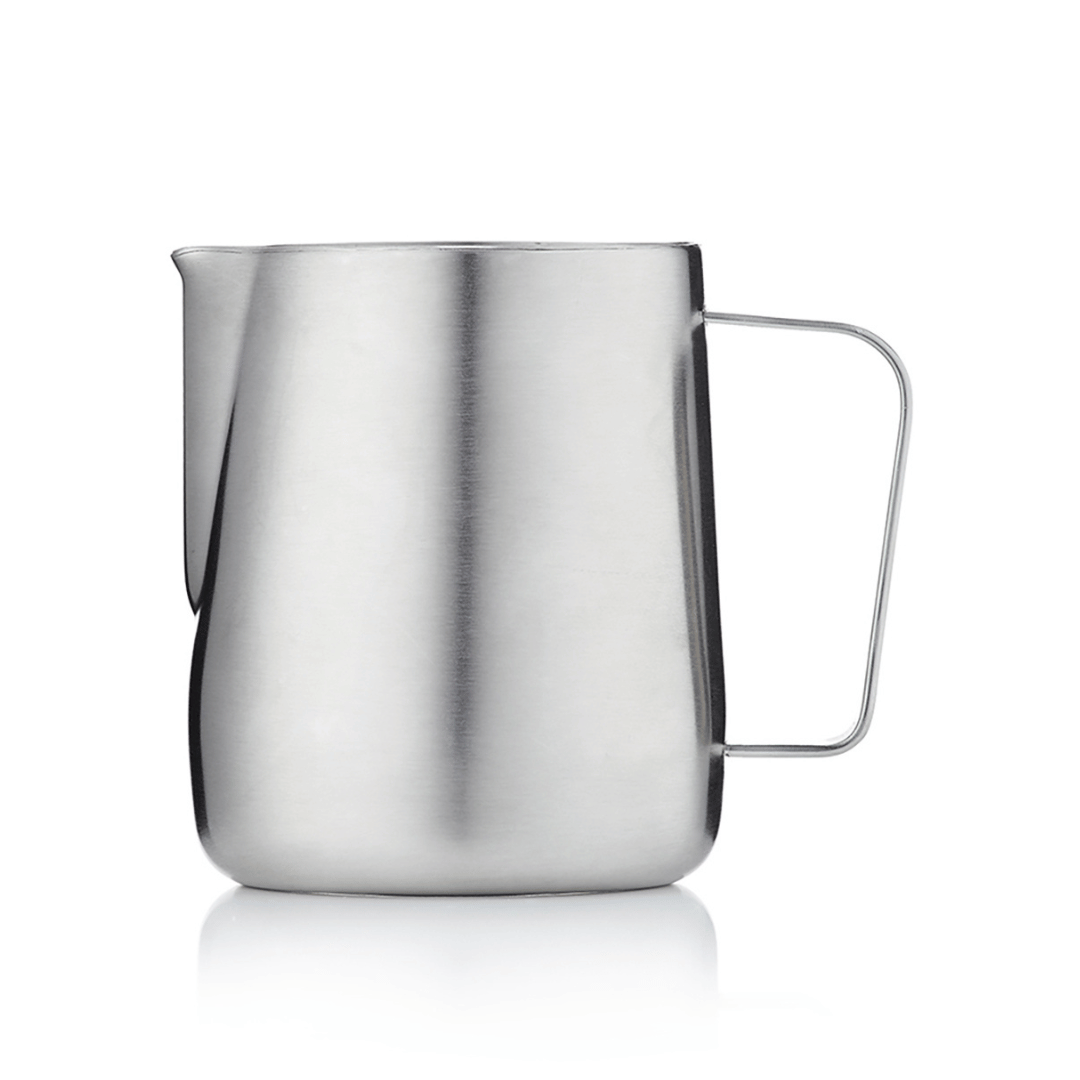

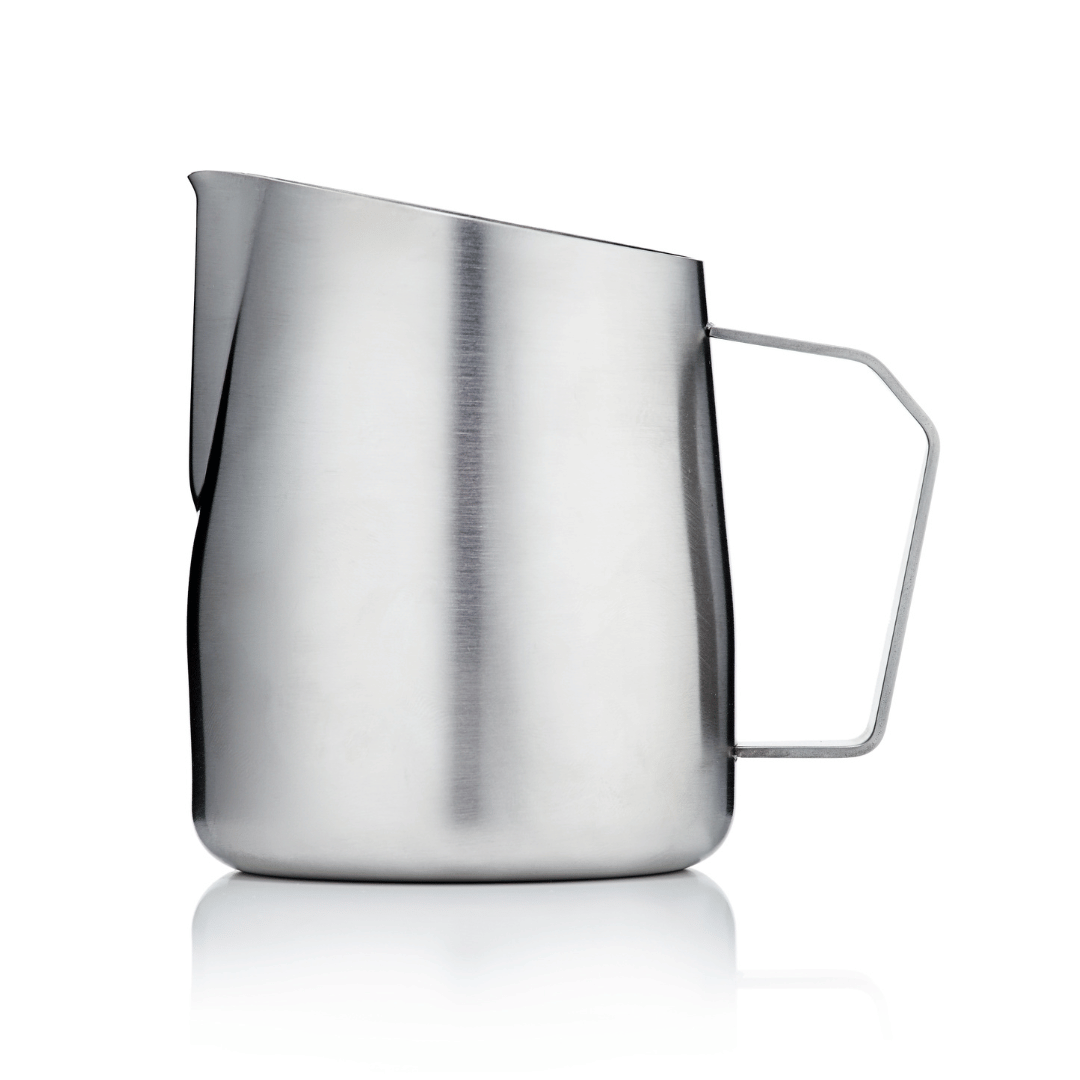

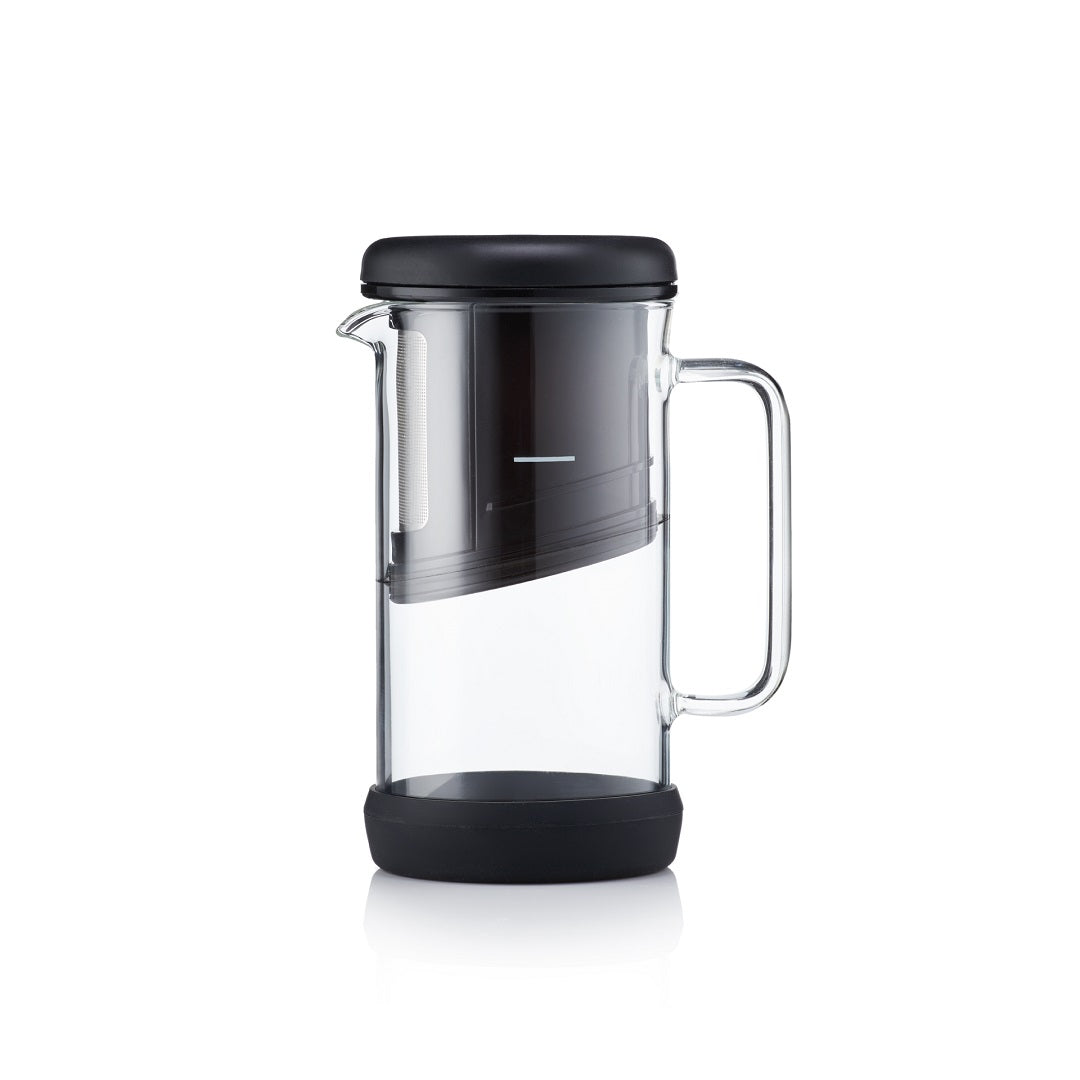
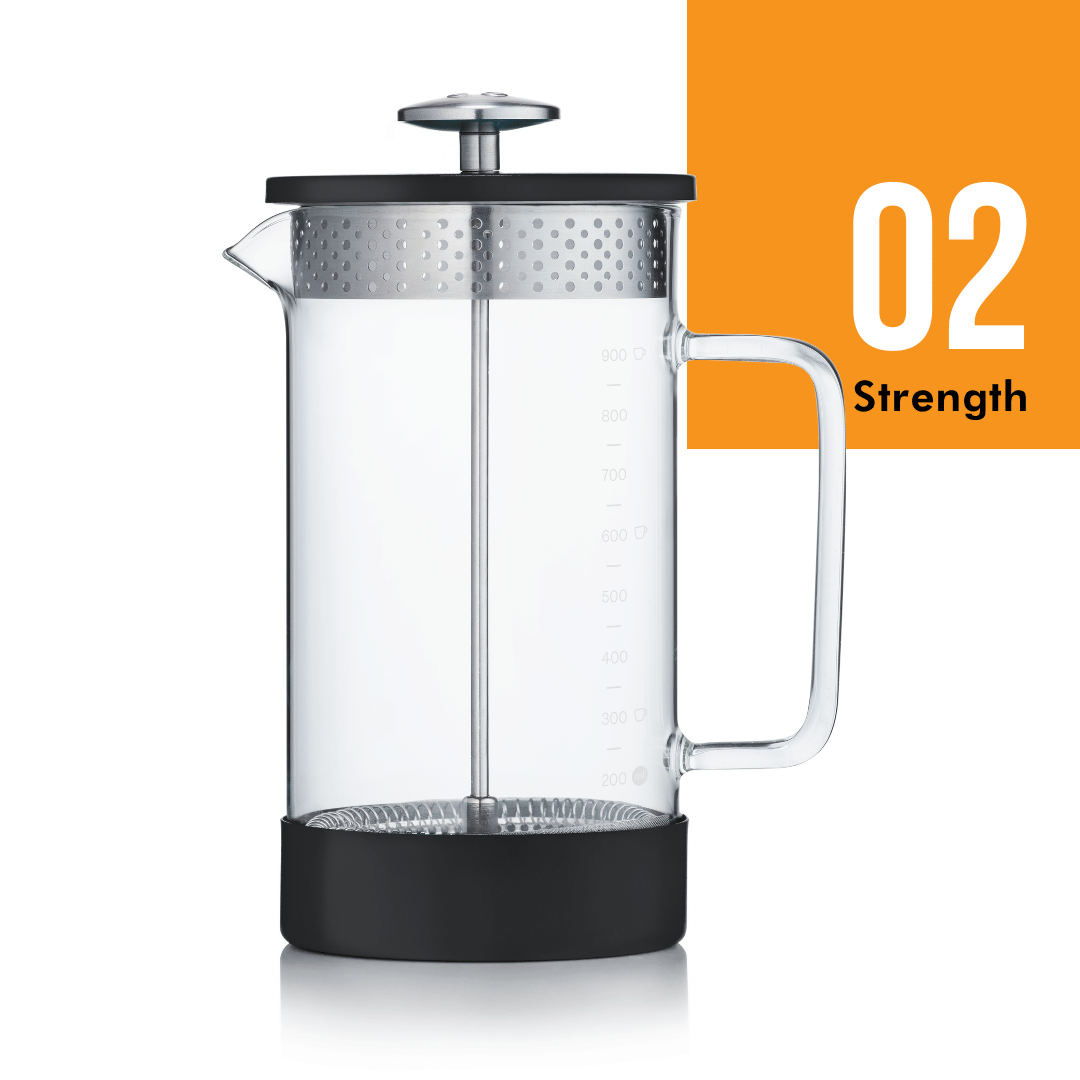
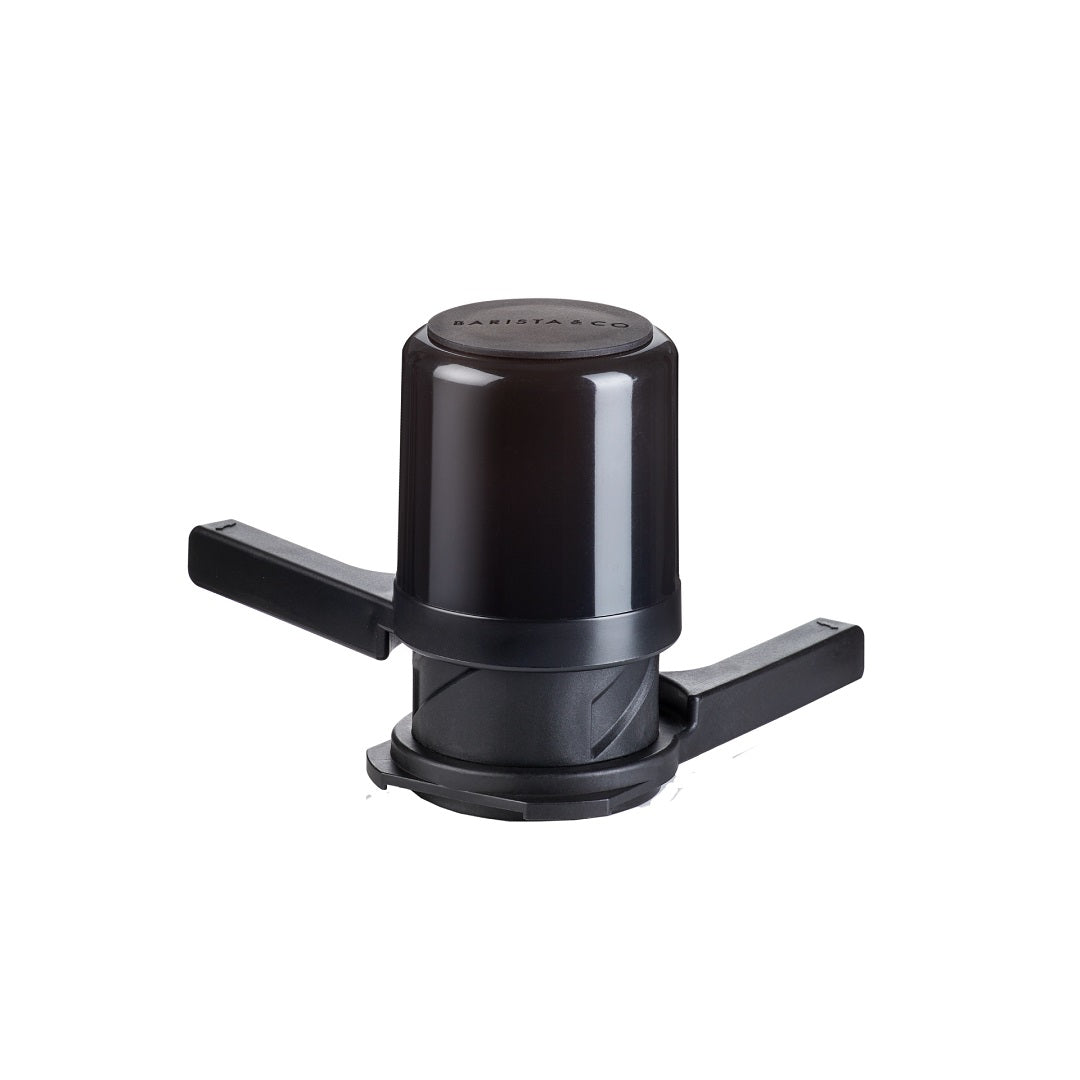


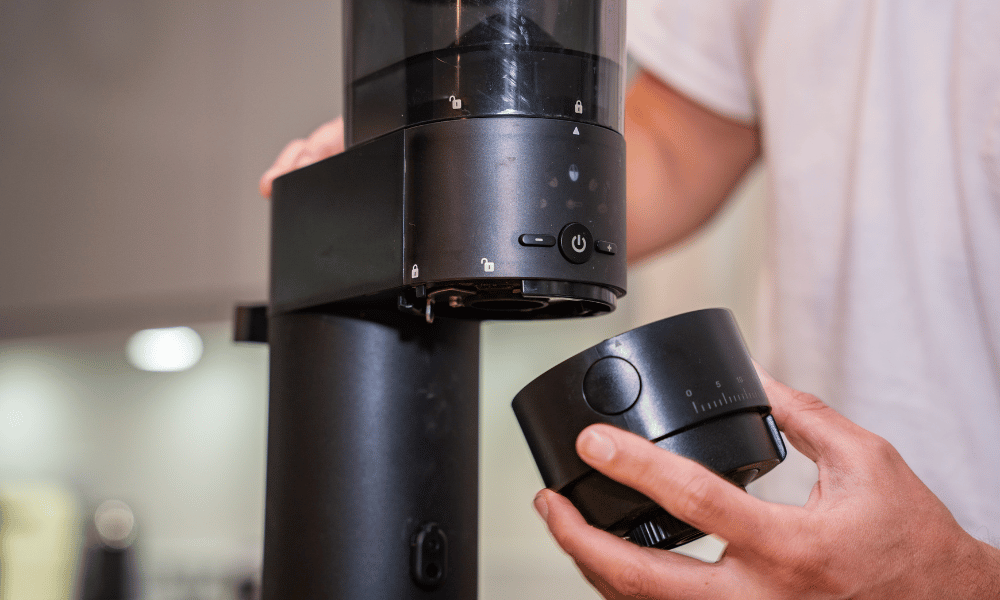



Leave a comment